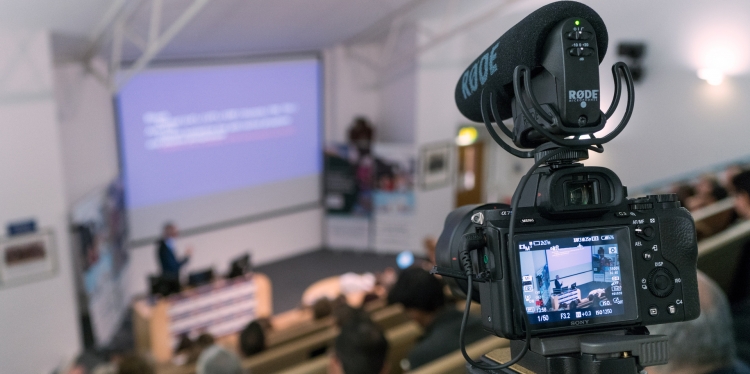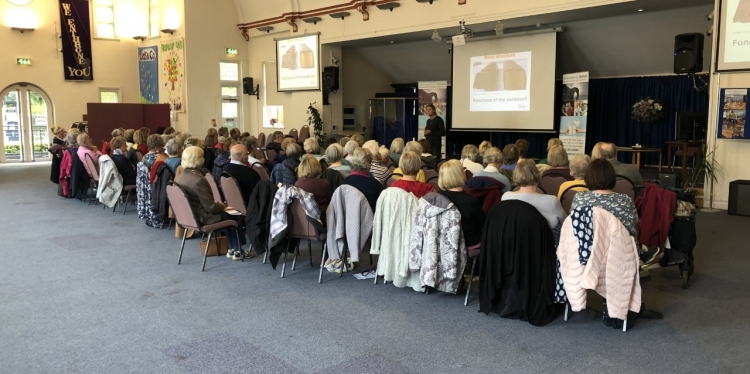Tai chi can prevent falls in the elderly
Elderly people should be prescribed dance and tai chi to prevent falls, under new guidance for physiotherapists
The following information is taken from the telegraph.
Preventing falls in the elderly can help people live independently for longer, reduce hip fractures and save the NHS money. Simple exercise programmes and balance training can significantly reduce the risk of falling, new guidance has said.
Physiotherapists should consider an intensive exercise programme for elderly people at risk of falling, including strength training, balance and three-dimensional movements such as dance and tai chi, the document said.
The guidance cited a research review by the respected Cochrane group which showed that people who did the gentle martial art of tai chi were 35 per cent less likely to fall than those who did not.
The programme should involve three sessions a week for three months or twice weekly sessions fo six months, the guidance said.
Older people should also be taught how to get up safely from the floor if they do fall, because often even those who do not injure themselves still lie alone for hours because they cannot get up again, the guidance said.
The new guidance was compiled by a team at the Peninsula College of Medicine and Dentistry (PCMD), University of Exeter, and Agile, the Chartered Society of Physiotherapy's professional network for physios working with older people.
It is estimated that 3.5m people aged over 65 fall over each year, costing the NHS around £4.6m per day.
The last guidelines were published in 1998 and since then there have been significant advances in policy, practice and technology.
Janet Thomas, chairman of Agile, said: "The previous guideline was really very old, and a lot of new evidence and guidelines have been published since then.
"We're saying that it really needs to be 50 hours – roughly twice a week for six months."
Dr Vicki Goodwin, from PCMD, University of Exeter, who co-wrote the guideline said there were things elderly people could do for themselves to improve their balance and prevent falls.
1. Stay active - in particular strength and balance training as these will help keep you steady and your bones strong
2. Get your eyes checked regularly as your vision can affect your balance
3. Look after your feet. Painful feet and poor fitting shoes can affect your balance
4. Check your home for potential hazards e.g. loose fitting rugs, poor lighting etc. Hand rails in bathrooms and next to steps can help you be more independent and less likely to fall.
5. Manage your medicines as certain ones can make you dizzy and can interact with others. Speak to your GP if you are concerned.
6. Boost your bones with exercise, a balance diet and Vitamin D. The latter is best gained from sunlight so get out more!
7. Falls are not a normal part of ageing. If you have fallen or are worried about falling and have lost your confidence - speak to a physiotherapist or other health professional who will be help you.
8. Age UK have campaigns and resources about falls for people to help themselves.
To find out more, click on the links below:
Source: The Telegraph Website
Source: NHS Website



